As Cybersecurity Awareness Month kicks off, here’s a stark reminder: cyber risk doesn’t respect geography. What just happened in South Korea could happen just as easily in the U.S., in Latin America, or anywhere else.
The incident occurred in September 2025, the ransomware group Qilin has compromised data from about 20 asset-management firms in South Korea by breaching an IT subcontractor’s cloud server (Read the full report here).
Because that subcontractor served multiple funds, the compromise spread broadly: investor records, tax documents, internal communications, and financial forecasts were all exposed. While South Korean regulators have not yet confirmed monetary losses, they have launched a coordinated investigation involving the Financial Supervisory Service, the National Police Cyber Bureau, and even Interpol.
An interesting outcome of this attack is that the attackers claim to have evidence that one of their victims engaged in stock market manipulation, as well as collusion between two other asset managers.
Why the Qilin Attack Matters Everywhere
1. The supply-chain vector is real
The attackers didn’t target the funds directly. Instead, they infiltrated an IT subcontractor trusted by many clients. Your security is only as strong as the weakest link. If a vendor or contractor is compromised, your data and reputation may be next.
2. The Domino Effect of a Single Breach
When a single service provider works with dozens of clients, one weakness can set off a chain reaction across an entire sector. The Qilin incident shows how quickly a single vulnerability can spread, and how the fallout goes beyond locked systems. Large volumes of sensitive information, such as investor details, financial models, and internal strategies, were stolen, triggering regulatory scrutiny, potential lawsuits, and serious reputational harm.
What U.S. and Global Organizations Should Do
Asset managers should perform critical third-party vendor assessments as part of their core security program. This isn’t optional — it’s a compliance requirement. Under the Amended Rule S-P, firms must ensure their vendors are capable of providing timely breach notification in the event of an incident. Similarly, if client data is compromised by a 3rd party vendor, the manager is responsible to report to the SEC – regardless of fault. Without clear vendor oversight, firms risk falling out of compliance and exposing themselves to regulatory action.
Additionally, BW Cyber recommends managers review their vendor contracts to require the vendors maintain adequate cybersecurity insurance. If a vendor’s failure harms your business, their insurance coverage is one of the only ways to ensure you have financial recourse.
Take the Next Step Toward Stronger Security
This incident is a clear reminder that a breach like this can happen anywhere. Protecting your organization isn’t just about securing your own systems, it’s about making sure every partner you rely on is equally prepared. Don’t wait for a wake-up call.
Contact BW Cyber to schedule a conversation about assessing vendor risk, strengthening defenses, and building a response plan that keeps your business resilient.
Let’s use this Cybersecurity Awareness Month as a reminder to act today, because the next breach could be yours.
Michael Brice
President
BW Cyber, LLC

